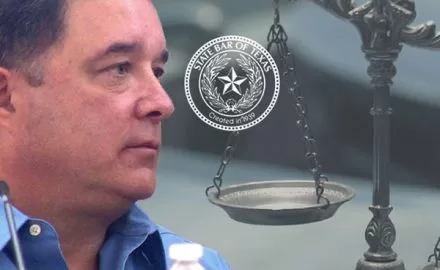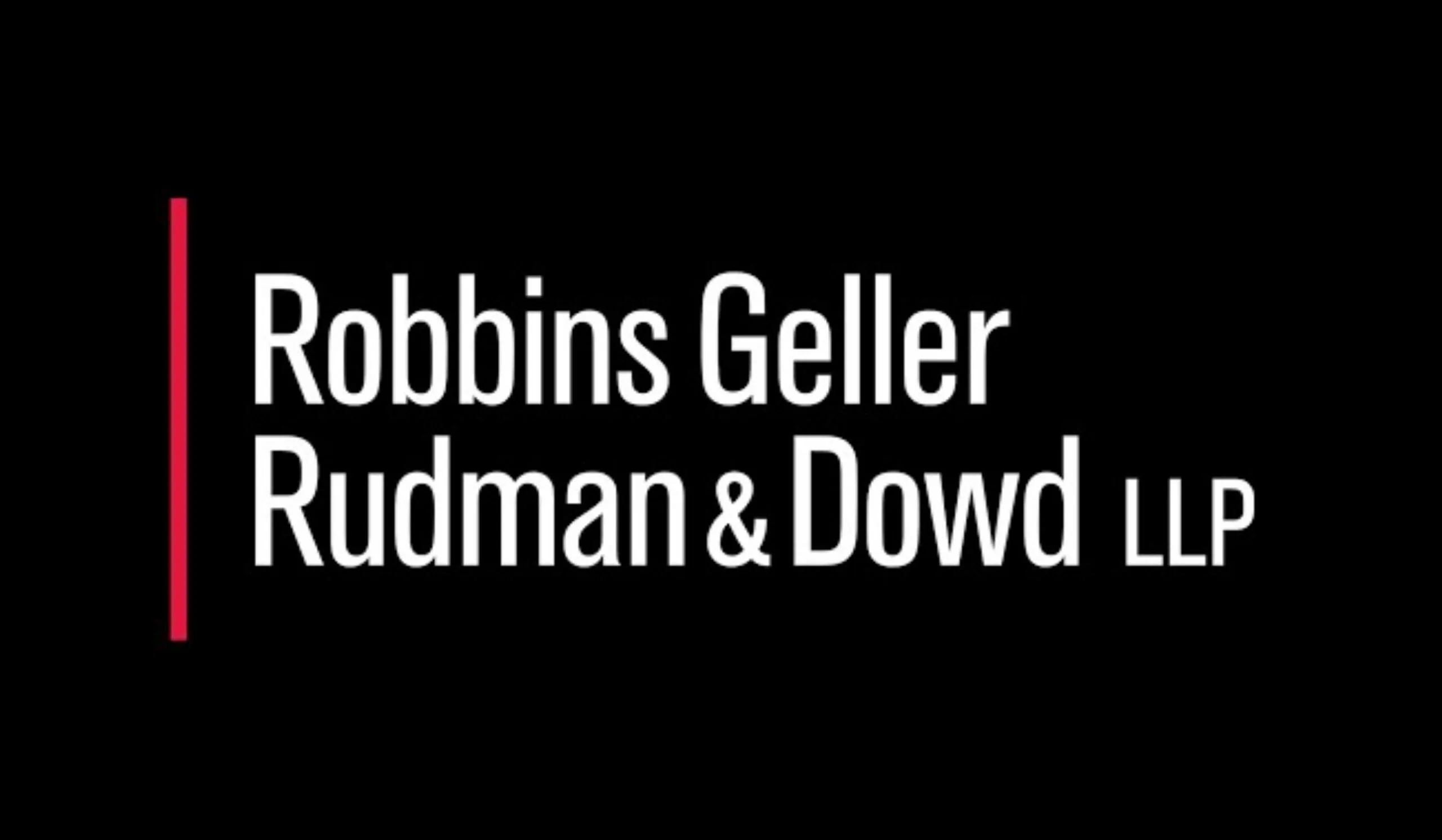Dallas, TX – It is a very rare occasion that a prosecutor is held accountable for his or her bad acts; that is exactly what occurred when the Supreme Court of Texas revoked Richard E. Jackson’s bar card, saying his “professional misconduct” was “conclusively established for all purposes.”
The State Bar of Texas concluded that Richard Jackson withheld exculpatory evidence which would have cleared Dennis Allen and Stanley Mozee of the April 1999 murder of Rev. Jesse Borns. Jackson’s egregious prosecutorial misconduct caused a jury to wrongfully convict Allen and Mozee; the two were sentenced to life in prison. They spent 14 years in prison before the Innocence Project performed an in-depth review of their case. In 2014, a Dallas County district judge overturned Allen and Mozee’s convictions because of prosecutorial misconduct. Since their release from prison, Dennis Allen and Stanley Mozee were found “actually innocent” and were exonerated in 2019.
On April 13, 2021, a disgraced Richard E. Jackson opted to resign of his own accord instead of facing official discipline; a decision which the Supreme Court of Texas justices conclude “is in the best interest of the public, the profession, and Richard E. Jackson.” Jackson is prohibited from practicing law in the State of Texas.
Prosecutors almost never face consequences as serious as disbarment. It has been reported that a recent study by the National Registry of Exonerations found more than half of wrongfully convicted defendants were victimized by government misconduct — 54 percent of those defendants are victimized by official misconduct, with police involved in 34 percent of cases, prosecutors in 30 percent, and some cases involving both police and prosecutors. “Misconduct by police, prosecutors and other law enforcement officials is a regular problem,” said Samuel R. Gross, an emeritus professor at the University of Michigan Law School and a co-founder of the registry, “and it produces a steady stream of convictions of innocent people.” And because the data for exonerations is gathered randomly, from news reports and legal rulings, with no central repository of court statistics, “it is clear to us that misconduct occurs in many more cases” than the registry tracks. The study cites five types of misconduct that lead to wrongful convictions: witness tampering, misconduct in interrogations, fabricating evidence, concealing exculpatory evidence and misconduct at trial. Misconduct can be intentional or unintentional, but either way innocent people are found guilty.













